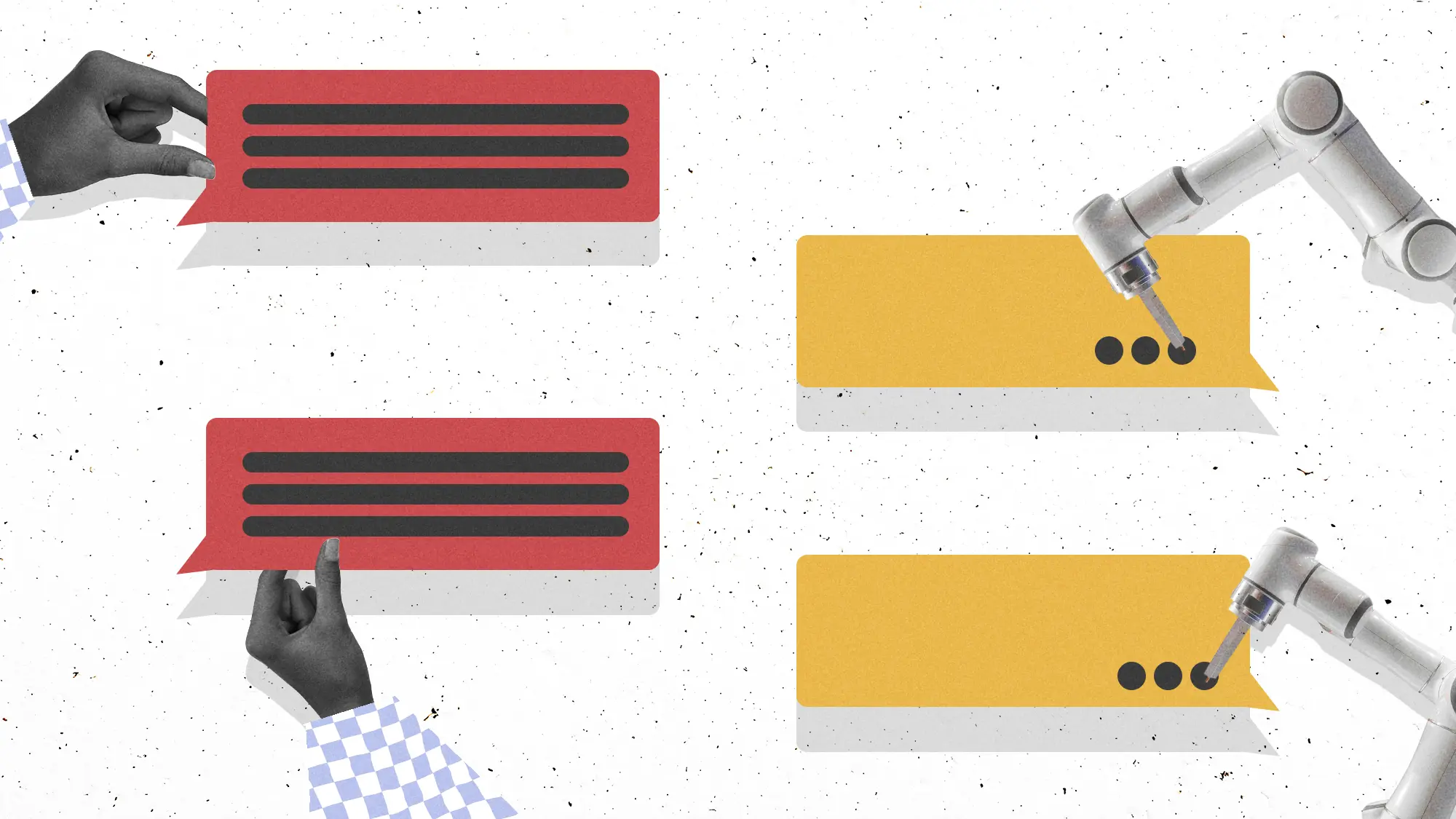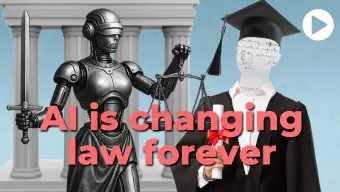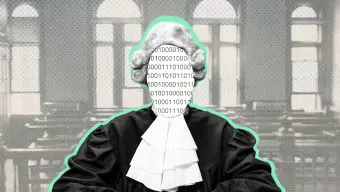What interpersonal skills are most critical for today’s lawyers – and which are most at risk in an era of artificial intelligence? A recent survey of 460 lawyers from major Spanish law firms revealed something striking: while negotiation and decision-making remain the most valued skills in practice (57%), communication is seen as the most vulnerable to technological disruption (64%).
This creates a troubling paradox at the heart of legal work, because if communication suffers, so do the decisions and negotiations that depend on it. The rise of AI promises efficiency and speed, but it also threatens to erode what currently makes lawyers irreplaceable: judgment, empathy, and the ability to build trust through authentic relationships. For example, if a client does not feel heard by their lawyer, or if opposing counsel misconstrues impersonal or AI-generated language, communication and negotiations could break down. As algorithms increasingly handle routine tasks, the question isn’t whether lawyers will use AI, but whether they can do so without losing what makes them effective advocates and advisors.
So, how can the legal profession harness AI’s benefits while preserving the distinctly interpersonal skills that clients truly value?
Communication involves not only verbal and non-verbal cues but also assertiveness, empathy, and emotional control, all of which are vital for successful negotiation and decision-making. These are precisely the elements that artificial intelligence can distort – or even displace – if left unchecked. The good news is that lawyers are aware of this, and awareness is a critical first step.
Communication simply becomes information if human beings are sidelined and no longer shape its meaning or delivery. When algorithms take over communication, we risk losing control over how messages are received. More than ever, law, negotiation, and decision-making need to be the exclusive realm of humans. Algorithms can assist, but they cannot be allowed to replace core human functions. This boundary cannot be crossed.
The challenge is clear: AI must be used to enhance legal work, not to replace the judgment and communication that define it. Lawyers and legal advisors need to approach AI with intention and professionalism. Only competent practitioners will be able to ensure that it serves their objectives – and that of their clients – rather than undermining them. Moreover, only well-trained lawyers can assess whether the information used is sufficient, ethically sound, and effectively applied.
Algorithms may assign blame based on inputs, but they cannot negotiate.
AI impacts all professional relationships; this is where it intersects directly with interpersonal skills. Yet it cannot replicate the human understanding required to navigate them. It cannot replace lawyers who truly understand their craft and consistently deliver results.
All of the above highlights the need for lawyers to possess excellent interpersonal skills, and especially communication, which is their cornerstone. By enhancing their communication skills, lawyers will not only improve their competencies but will also bolster the ethical integrity of their work. Interpersonal skills inherently imply ethical behavior, something we cannot demand or expect from artificial intelligence, for now. These skills ensure ethical decision-making because they require respect for others and an awareness of relational boundaries. Thus, lawyers must prioritize their development, particularly negotiation. Algorithms may assign blame based on inputs, but they cannot negotiate. Negotiation is about influence, building rapport, and reinforcing both the firm’s and the individual lawyer’s brand.
In a recent ruling, Victoria Sharp, President of the King’s Bench Division of the High Court of England and Wales, warned legal professionals that “There are serious implications for the administration of justice and public confidence in the justice system if artificial intelligence is misused.” The case involved lawyers who submitted fictitious case citations generated by AI tools, prompting the court to consider criminal charges. Sharp concluded that existing guidance had proven “insufficient to address the misuse of artificial intelligence.” These incidents highlight an urgent reality: the risks of AI in legal practice are no longer theoretical, they are already appearing in courtrooms with real professional consequences.
In fact, these incidents are appearing in courtrooms with trained legal professionals around the world – and resulting in professional consequences such as fines, sanctions, and disciplinary referrals. Damien Charlotin at HEC has created a public database that tracks legal decisions in cases where generative AI produced hallucinated content, including fake citations. According to his data, the number of cases involving AI-generated hallucinated citations has surged in 2025 — with over 100 documented incidents by mid-year.
In this context, schools of law have a pivotal role to play. They must rethink and transform their curricula to incorporate both technological tools, such as AI, and interpersonal skills, such as communication. Communication should be taught as a core subject before advancing to more complex competencies such as negotiation and decision-making. Lawyers need to master the art of persuasion at all levels, with clients, peers, and superiors alike. These skills are not innate; they must be learned. Training must begin with communication, followed by structured practice in negotiation and decision-making. Law schools should embed these skills in practical learning environments, such as role-plays and strategic simulations. Today, a lawyer’s education does not end with a bachelor’s or master’s degree. In fact, true professional development begins at that point, through hands-on experience and lifelong learning within law firms or legal departments.
These institutional changes are already well underway. As recently reported in the Financial Times, law firms are now incorporating AI-driven simulations, personalized learning platforms, and collaborative project environments into their training systems. The goal of implementing AI in this way is not solely to improve efficiency. It can also be used to strengthen human decision-making and the relational skills that define effective legal practice in an increasingly tech-driven profession.
In the years ahead, negotiation and decision-making will be key to a lawyer’s work and success. The real differentiator will lie in how lawyers apply their knowledge, how they influence, connect, and lead. According to the UK’s Solicitors Regulation Authority, 78% of clients consider a lawyer’s emotional intelligence to be just as important as their legal expertise. Some firms are already evaluating candidates on their EQ and how well they navigate complexity, listen actively, and mediate between stakeholders.
Communication, persuasion, and ethical judgment are not ancillary; they are what uphold the credibility of the profession.
By combining technological fluency, interpersonal skills, and ethical integrity, we can train lawyers who not only adapt to change but shape it. These skills must be taught early, practiced intentionally, and developed over time through mentoring and continuous learning. The future of legal practice will not be defined by tools alone, but by the professionals who know how to use them – and who never lose sight of the human core of law.
© IE Insights.











